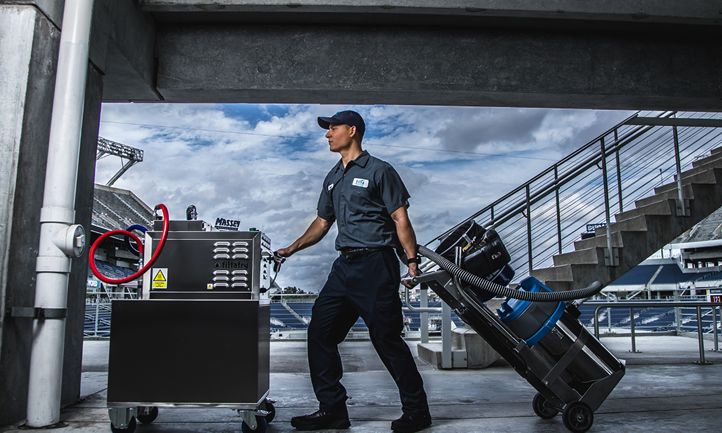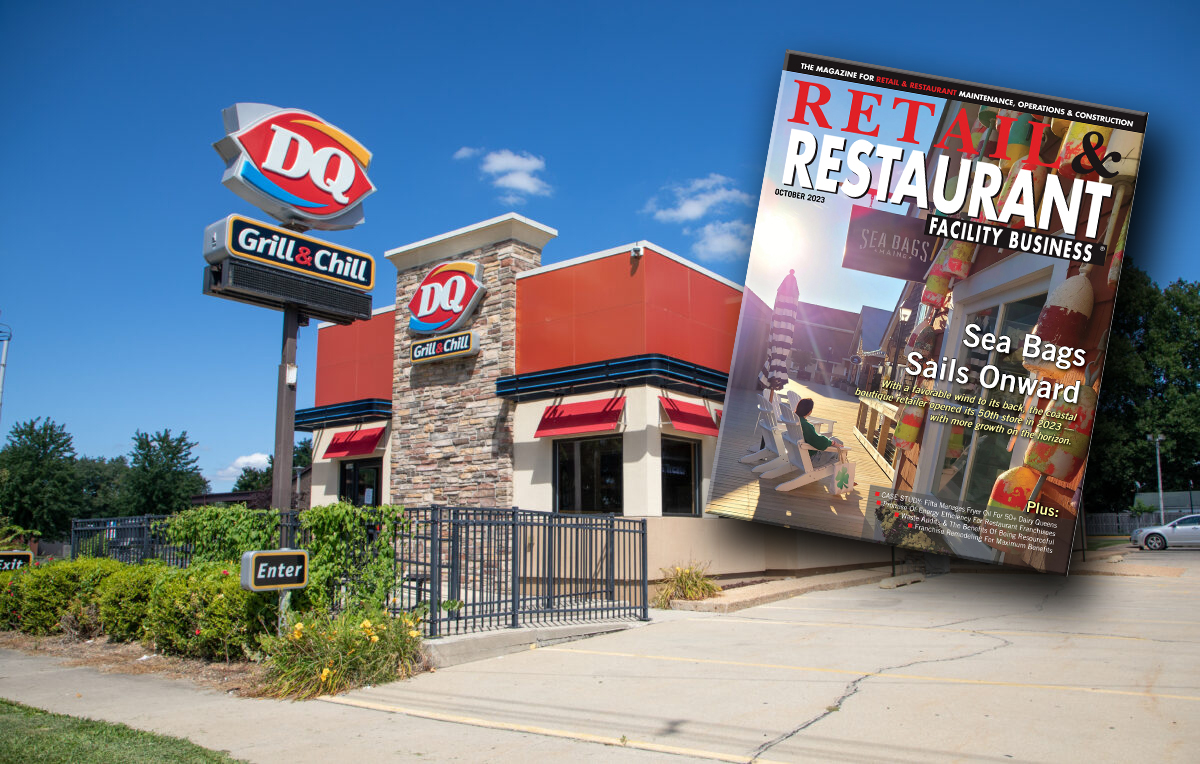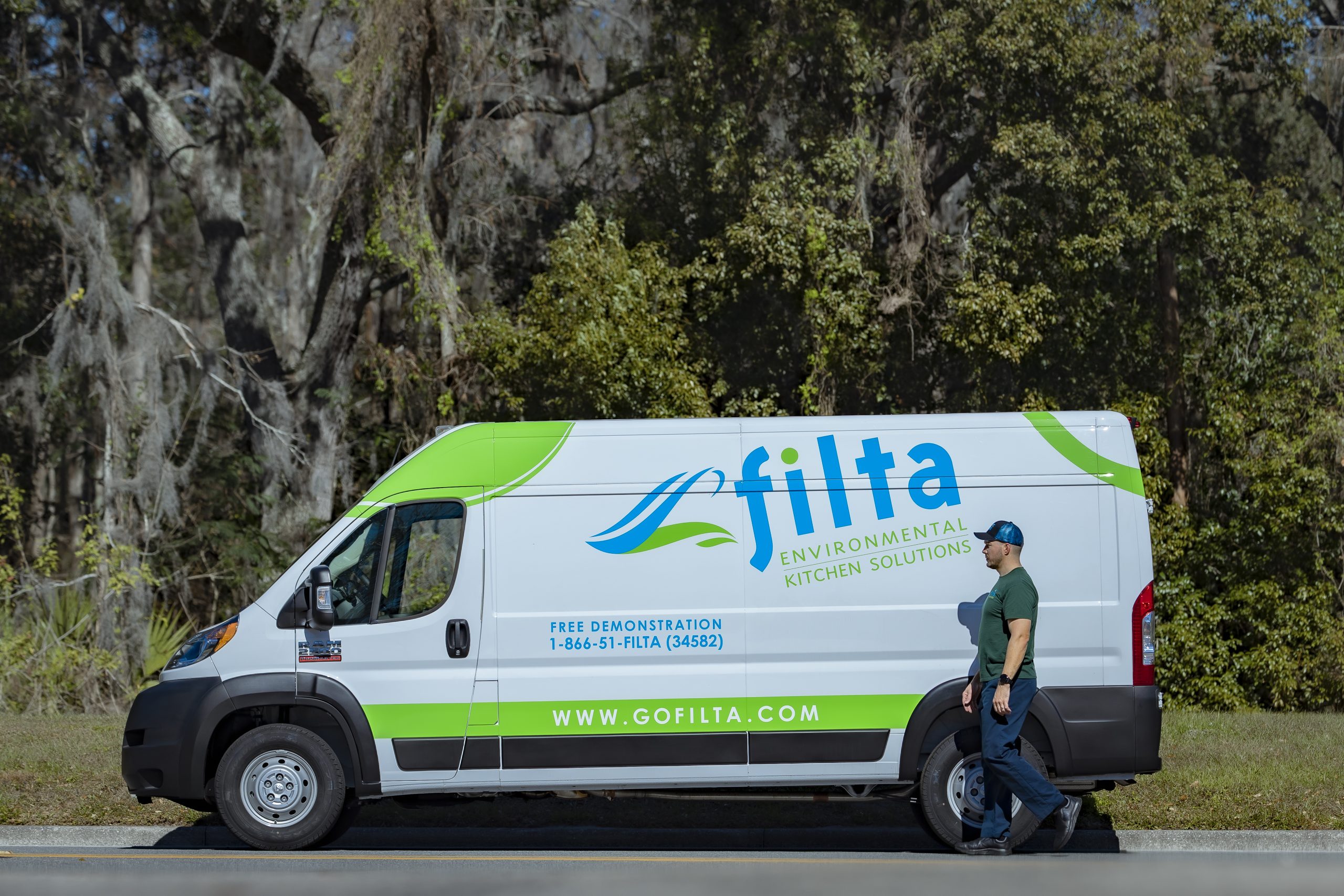As a restaurant or commercial kitchen owner, you’re likely no stranger to the issue of restaurant food waste. In this guide, we’ll explore the definition and causes of restaurant waste and provide practical strategies for food waste management solutions.
Defining Restaurant Food Waste
Food waste is the unfortunate outcome when edible food is thrown away instead of being consumed. It’s a pervasive issue across various sectors, including restaurants. According to a report by national nonprofit ReFED in April/May 2023, full-service restaurants in the U.S. created 6 million tons of surplus food valued at $77 billion, while limited-service restaurants are expected to produce 3 million tons of surplus food valued at $27 billion. Additionally, data analytics company Fourth reports that American restaurants collectively discard 22-23 billion pounds of food waste annually.
Understanding the Causes
To effectively tackle food waste and see restaurant food waste statistics drop, it’s crucial to understand its underlying causes. Common contributors to restaurant food waste include the following:
- Excess inventory: Overordering or purchasing more ingredients than necessary can lead to food spoilage and waste.
- Improper storage: Inadequate or improper storage can result in food going bad prematurely.
- Over-production: Preparing more food than customer demand requires often leads to surplus that ultimately ends up as waste.
- Lack of demand information: Restaurants may lack accurate data on customer preferences and demand, leading to miscalculation and excess production.
- Inability to track waste: Without proper tracking mechanisms, it’s challenging to identify and address waste patterns.
- Human error: Mistakes during food preparation or handling can result in food that’s unfit for consumption.
Avoiding Restaurant Food Waste
There are ways to minimize food waste in your restaurant or commercial kitchen. Some effective strategies include the following:
- Proper storage and maintenance: Ensure that ingredients are stored correctly, following recommended temperature and humidity guidelines. Regularly check your storage facilities for any signs of spoilage or contamination.
- Kitchen cleanliness: Maintain a clean and sanitary kitchen environment to prevent contamination of ingredients and prepared dishes. Make sure the facilities, such as deep fryers, are regularly serviced and maintained. Implement strict hygiene practices among kitchen staff.
- Inventory control program: Create an inventory control program to track the movement of ingredients and menu items to help you order supplies more accurately and reduce overstocking.
- Zero-waste policy: Adopt a zero-waste policy, emphasizing the importance of minimizing waste at every stage of food preparation. Encourage staff to find creative uses for leftover ingredients or dishes.
- First-In/First-Out (FIFO) policy: Implement a FIFO policy to ensure that older ingredients are used before newer ones. A rotation system prevents items from sitting in storage for extended periods, reducing the risk of spoilage.
- Portion control: Train your kitchen staff to serve consistent portions to avoid overproduction and plate waste.
- Menu planning: Design your menu to incorporate ingredients that can be used across multiple dishes. This reduces the need for a wide variety of ingredients and simplifies inventory management.
- Regular waste audits: Conduct regular waste audits to identify trends and areas where food waste can be minimized. Analyze the data to make informed decisions about inventory management.
- Donation programs: Partner with local food banks or charities to donate surplus edible food. You’ll reduce waste and contribute to your community.
- Staff training: Educate your staff about the importance of food waste reduction and involve them in the process of identifying and implementing waste-reduction strategies.
By adopting these strategies and fostering a culture of waste reduction in your restaurant or commercial kitchen, you can significantly minimize food waste. You’ll contribute to a more sustainable and environmentally friendly operation, and it can also lead to cost savings and improved overall efficiency. Reducing waste is not just a responsible choice ― it’s a recipe for success in the modern culinary world.
Reduce Your Waste with Filta
We’re ready, willing, and able to help you keep your food waste to a minimum with our various commercial kitchen maintenance services. Our FiltaFry service helps keep your deep fryers working at optimum efficiency, supporting sustainability in food service, while our FiltaCool service can help you maintain your cold storage to avoid food spoilage.
Request a free demo to find out what Filta can do for you.














